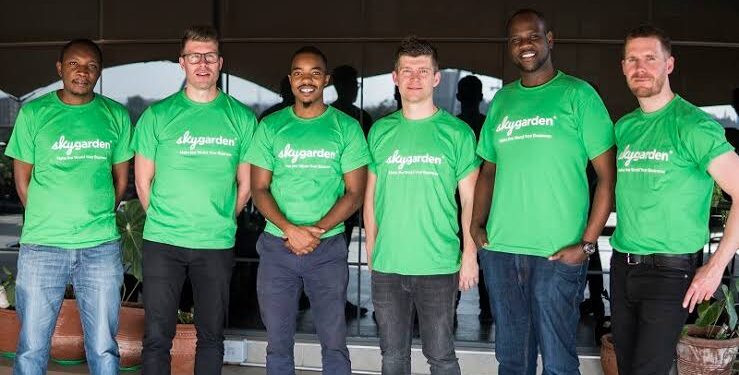A report by TechCrunch has revealed that Sky.Garden, the Kenyan online marketplace, may close in October after failing to secure a funding round.
The company’s CEO, Martin Majlund, said that they were in talks with potential buyers and investors to prevent a total collapse. However, if this plan fails, the company will have no choice but to shut down.
What this means
Since companies depend on capital to survive, the inability to raise more capital will surely constitute a huge problem.
- As a result, Sky.Garden has given its employees one month’s notice from September 16 to October 16 and if the company is unable to raise capital before then, it will close its operations.
Why is this happening?
Majlund blamed the looming closure on several factors.
- “Rising prices, inflation, the war in Ukraine and increased interest rates have made the venture capital space very challenging, especially being a B2C e-commerce business,” he said.
- “We have therefore for a while been in deep M&A conversations. But we are not the only ones being hurt by the macroeconomic contractions which have had a negative implication on the timeline of these conversations leaving us in the above-mentioned situation,” he added.
Zero in
Sky.Garden was founded in 2017 in Nairobi and has raised $6.1 million in funding. The most recent being a $4 million series A.
- The startup has thousands of small and medium-sized businesses selling through its online marketplace.
- With its 49 employees, the company’s CEO said they have had a positive impact on thousands of small businesses.
Zoom out
Sky.Garden is not the only startup that is facing the hit of the global funding slump. In June, Kune food shut down operations in Kenya over its inability to raise funds citing ‘economic downturn and investment markets tightening up’ as reasons. Of note,
- The e-commerce sector in Kenya has faced stiff competition in its formal retail markets.
- Moreso, e-commerce sectors have to battle low patronage resulting from poor internet infrastructure.
- Thirdly, the plethora of challenges that transportation network companies face in conducting door-to-door deliveries include companies having to look for transport units to facilitate delivery, and thus increases costs.
This funding problem is not unique to Kenya
In an interview with CRESTHUB, Caleb Maru, co-founder at Proximity Ventures gave insights into the happenings in the global startup scene.
- A lot of limited partners who invest in funds make their money in other places, like public markets. When public markets go down, there is less money to go around for venture capital funds. This makes some investors more cautious and less likely to invest in companies, he stated.
- Startups with a lot of capital can now buy other companies that were previously too expensive before,” he said.

































